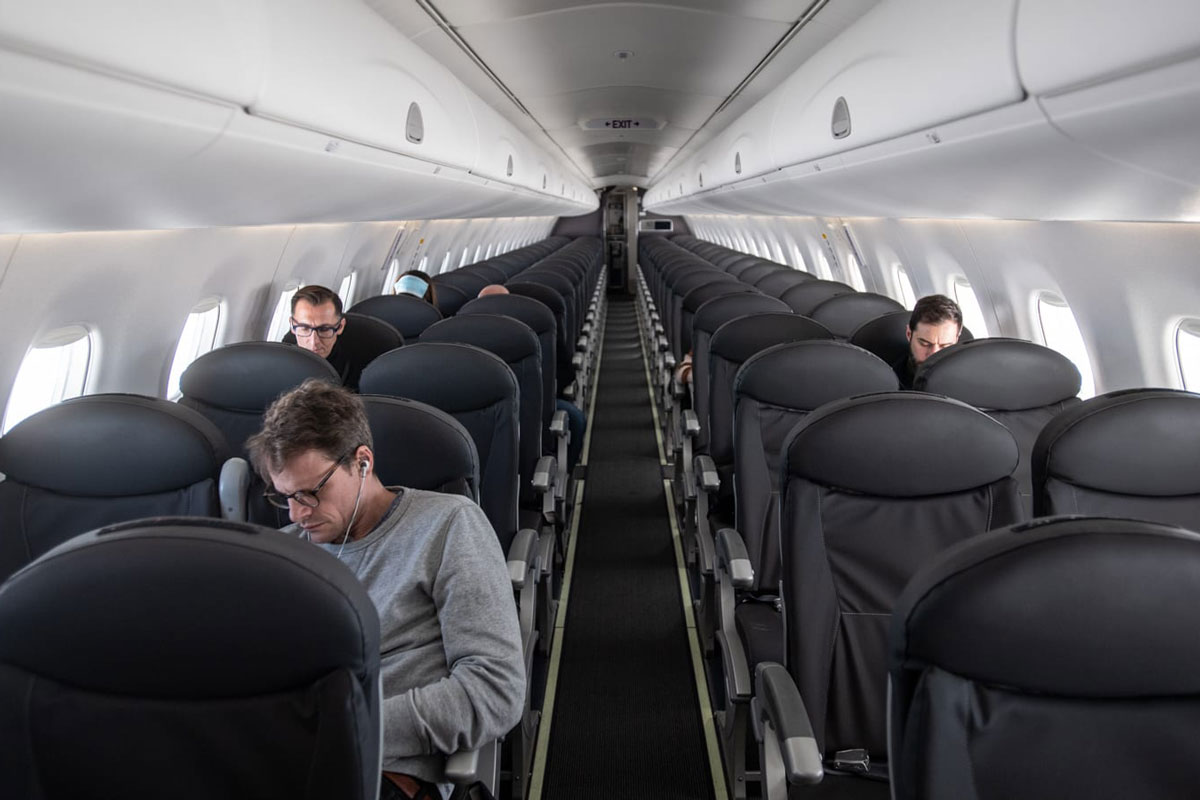2020 has been to the travel what 2008 was to housing. An elephant roll off a cliff. But although the property market, in Sydney at least, came up smelling of record-breaking auction ink, the wanderlust industry is still currently in its nadir.
Before we climb back to the lofty heights of 2019 we must first navigate a few sticky patches. One among them: ghost flights. There are two types of ghost flights.
The first, as Scientific American and CNN Travel reported earlier this year, are flights with no-one, or extremely few people on them, which are forced to run anyway.
This either happens when federal regulations force airlines to fill a quota…
View this post on Instagram
… or when bare-bones networks are created via subsidies (like when the Australian government shelled out so Qantas and Virgin Australia could continue operating a skeleton domestic network during the peak of Australia’s first wave of coronavirus).
View this post on Instagram
So far so pleasant, right (or at least, even if creepy, it’s better than being jammed in like sardines, at a time like this)?
Unfortunately, the second type of ghost flight, first noticed by The Points Guy, is a bit peskier. Taking to Instagram to share the phenomenon on Tuesday, The Points Guy wrote: “Beware of ‘ghost’ flights, AKA flights that are very likely to end up getting cancelled.”
View this post on Instagram
“[We] first noticed this trend when planning a trip with Iceland Air, but we’ve noticed it on other airlines like @united, pictured here,” The Points Guy wrote.
“Consider this: there are 13 (!) more NYC-SFO flights operating on July 6 compared to July 5, and from what we know about the airline industry, they aren’t planning on resuming their full schedules any time soon—let alone overnight.”
“If you are booking a trip for later this year, pay close attention to disparities in flight schedules a few days before/after your desired flight and, perhaps more importantly, rely on COVID-related schedule updates and information provided by airline (and not just what’s listed on flight search results). You can typically find this information on an airline’s website,” The Points Guy added.
In other words: some airlines are still selling flights that are highly unlikely to run.
Icelandair’s take? They’re just being optimistic. Whether this is misleading or whether, as Europe’s travel bans loosen, it is simply a smart business strategy (or both) remains to be seen.
Only time (and confirmed cases) will tell.
Either way: you’ve now been warned.
